Our house was always full of people, mostly artists and musicians. There was a lot of music growing up. Almost too much of it, and because of that I never indulged in music. It was the most normal thing and I wanted to do something that was not so normal.
I grew up in a very secular environment. My friendships were not defined by caste or religion. I made friends with people depending on whether they were a good artist.
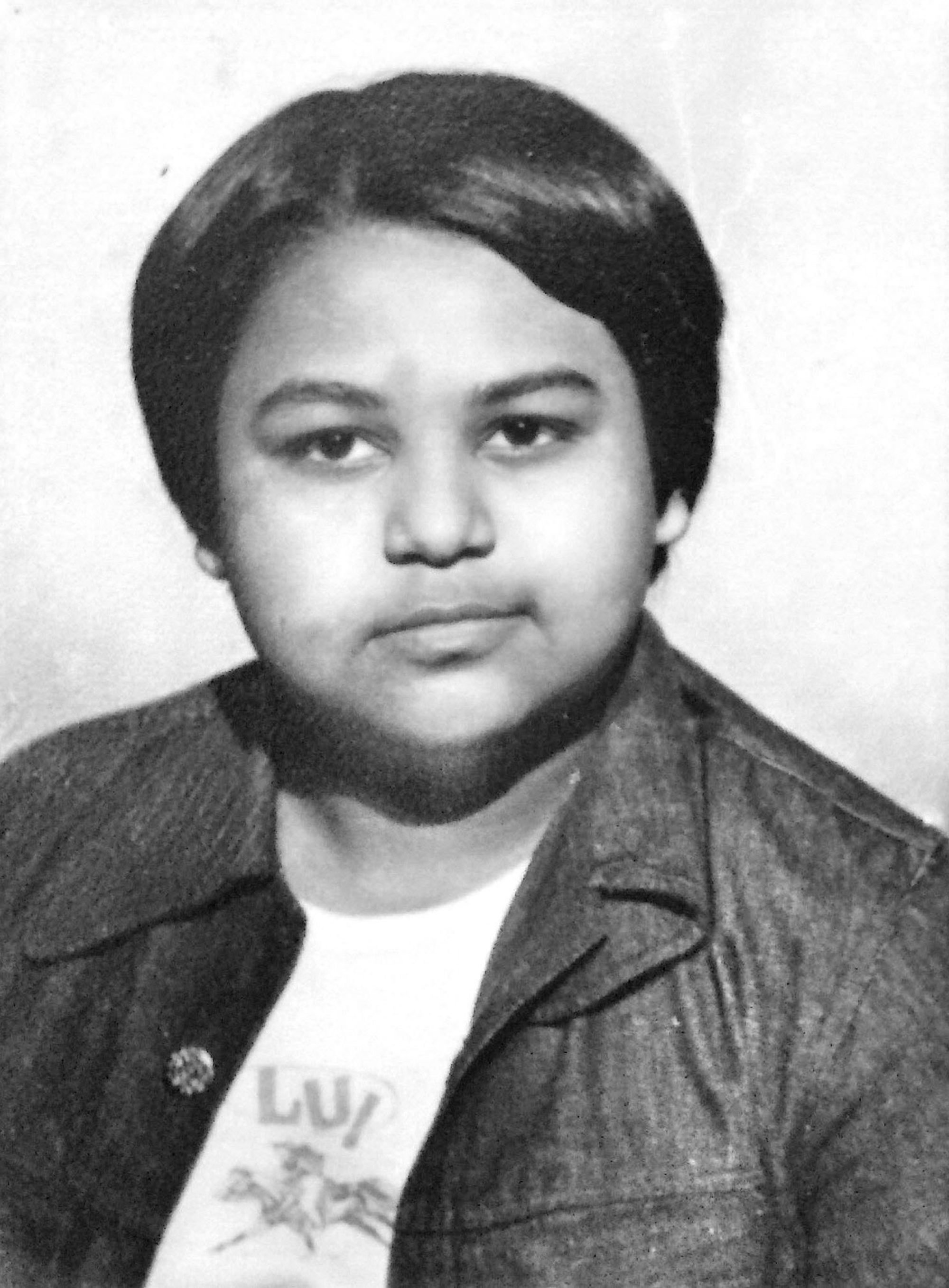
Budding writer
As a child, my art teacher encouraged me to sketch and paint and told me I had a good sense of colour, but I lost interest in that and started writing. Through my teenage years I tried to write a novel.
I wanted to write a thriller because that is what I was reading in those days. But I would write a few pages, then lose track and could not complete a piece.
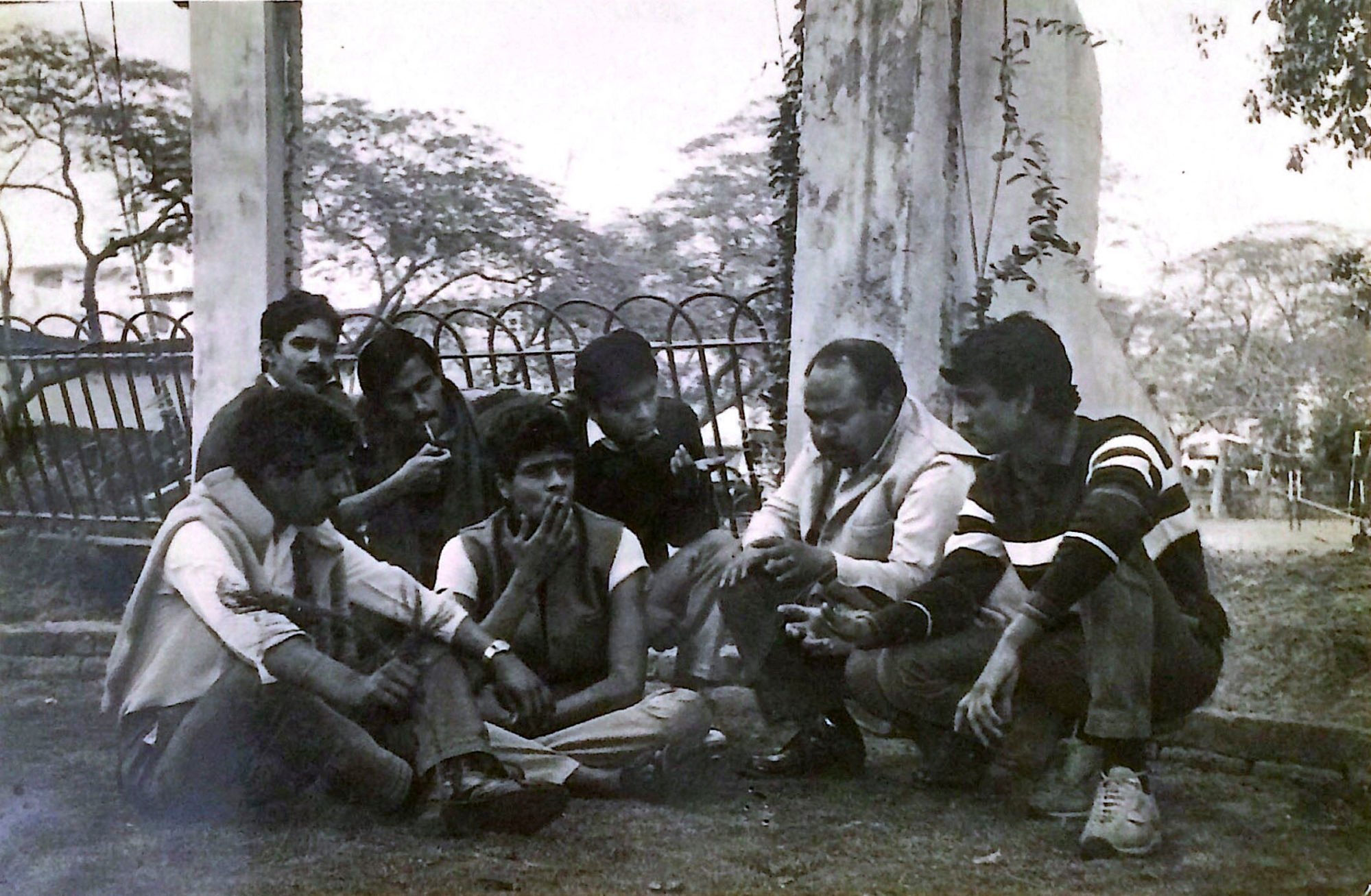
In the frame
My parents were fond of movies and every Sunday we watched two films – one in the morning, usually an English-language film, and a Hindi-language film in the evening. I loved cinema and wanted to be in that world.
My brother had an Agfa Click III camera. I knew the principle of a film was that they kept clicking pictures and then joined the negatives, which were then run through a projector.
I did not know that you need 24 frames a second to get the appearance of movement. I said if we collected film rolls and clicked them throughout the year, at the end of the year we would have a film. Of course, it never happened, but my friends and I were launched on a secret mission, a big dream to make a film.
One day I said: ‘I’m not a good student of commerce and academia is not my scene. I will go into art’
Saurabh Shukla
That was the starting point for me. I came into theatre to actually make films.
Enough is enough
In my day, there were three main disciplines to study – art, commerce and science. The students who took art courses usually did so because they did not have the grades to get into another discipline.
My grades were quite good, so I went into commerce. Although I came from an art family, my parents knew the insecurity and unpredictability of that career. They told me to do art as a hobby and get money from other sources.
I went to Delhi University, to Khalsa College, to do a degree in commerce. In my family, it was absolutely mandatory to do postgraduate studies. If you are not a postgraduate in my family, you are an illiterate.
One day I said, “Enough is enough, I’m not a good student of commerce and academia is not my scene. I will go into art, which attracts me more.” After some initial hiccups, they finally agreed, and I was free to practise my art.
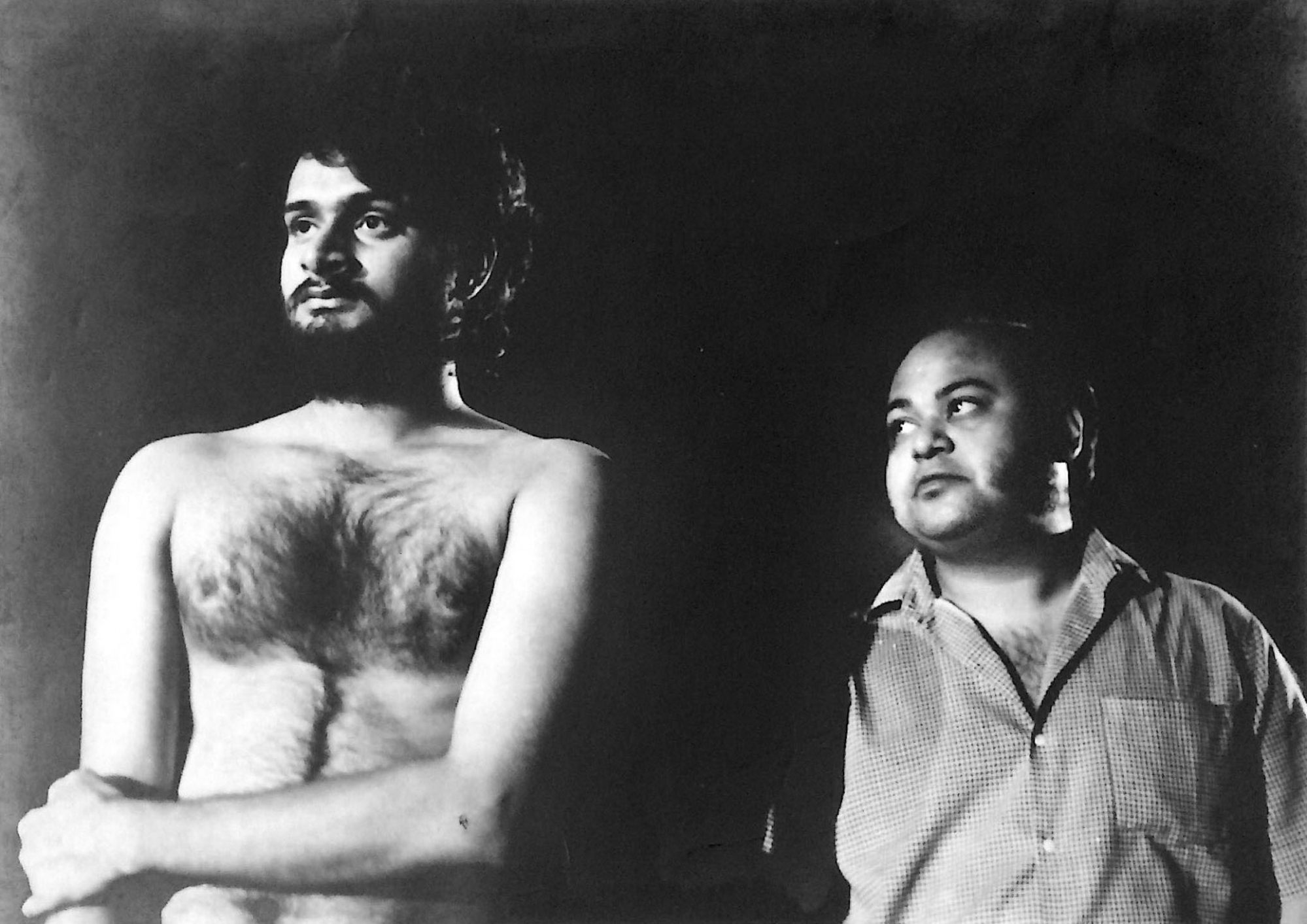
Falling into film
That is what happened with girls initially; they found a very good friend in me but not a boyfriend. But that changed as I grew up. In 1985, my parents went to Mauritius for seven years. So, I did not have to leave home, they left home.
I began in the theatre in 1986 and was quickly recognised on stage. I felt I belonged there. By the time my parents came back from Mauritius, I had joined the National School of Drama.
While I was there, (filmmaker and actor) Shekhar Kapur came to Delhi to make a film called Bandit Queen. I was selected for that. Shekhar liked me so much that he brought me to Mumbai for a project and that is how, accidentally, I got into the Mumbai film industry and started my career there.
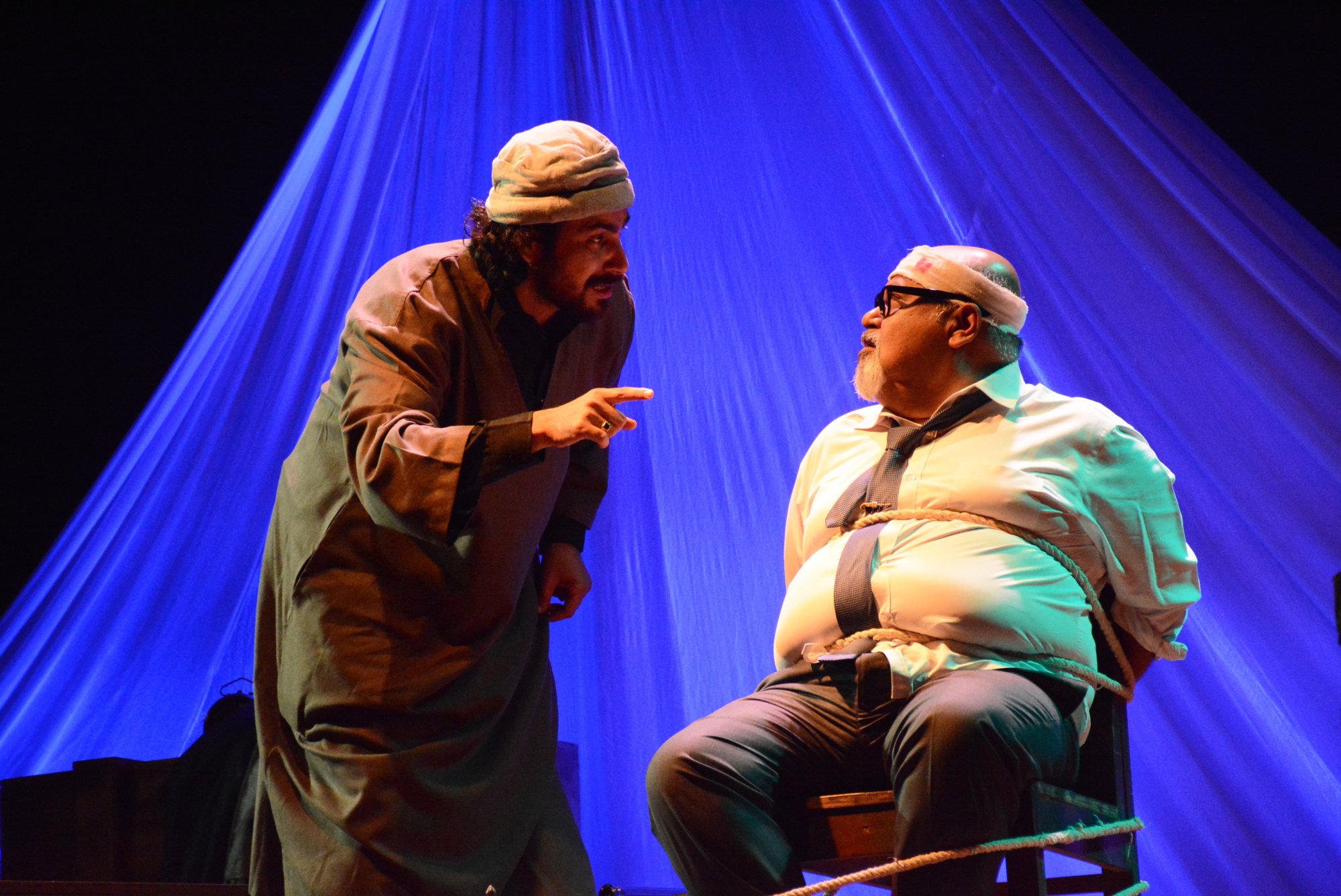
Typecasting
Theatre is very kind, it does not put you in a bracket, and I did everything from Arthur Miller (A View from the Bridge) to John Osborne (Look Back in Anger). But when it came to movies, they wanted to put me in a bracket.
Seeing my size and face, they wanted me to be a comedian. I resisted that because in theatre I had done all kinds of roles. Luckily, a couple of directors believed in casting me against my physical personality. That helped me, and I got more different roles.
The best of friends
I wanted to make films, but I never wanted to be a writer. Writers are not well paid and it is a difficult and lonely job. But you cannot make your own film if you do not write.
I had a knack for writing, which people loved. I wrote a path-breaking film, Satya (1998). It was a gangster film and became a cult film in India. That was how the industry realised I was a writer.
I met my wife, Barnali Ray, while I was making Satya; she was the assistant to the director, Ram Gopal Varma. We became friends and that became a deeper friendship, and we realised one day we could get married.
We do not work together. We should be able to criticise what we do not like without having to think, ‘What will my wife or husband think?’
Shukla on not working with his wife, a screenwriter
Sometimes in a settled relationship, people expect their partner to behave in a certain way and they end up taking each other for granted. But you do not do that with friends.
We are still happily married and, importantly, we are still friends. When people ask if I have children, I say we have two at home – one is me and the other is my wife.
‘I don’t like it’
We do not work together. That was her decision from the beginning. We told each other we would be able to talk to each other as a writer to a writer. We should be able to criticise what we do not like without having to think, “What will my wife or husband think?”
In a working relationship, you have to be true to the piece of art and not to the feelings of that person so much because if you do not say, “I don’t like it,” then who is going to say it?
We share stories and give suggestions and have fights over it and it is not necessary that we have to accept each other’s suggestions.
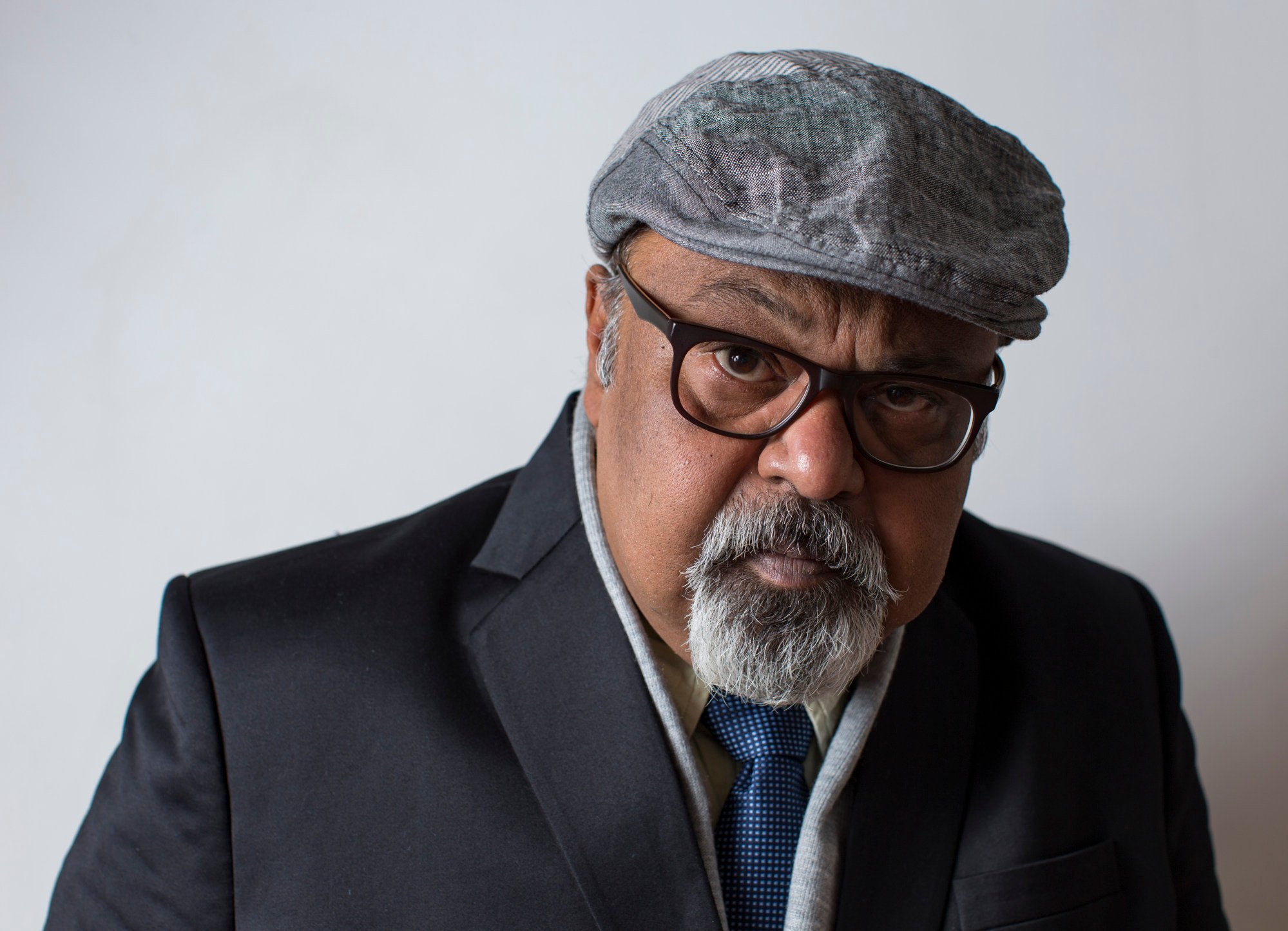
Living doll
I will be in Hong Kong next month for a play that I have been performing in India for the past eight years. We just did a successful tour of the United States. It is called Barff – in Hindi, barf means “snow”. In the US it means something else, which is why I had to spell it “barff”.
That is the conflict, which makes it a thriller. But it goes beyond that and questions whose truth is the truth because everyone has their own truth. I wrote it as a film, but films take their own time. So I adapted it for the stage. It will be my first time in Hong Kong.
My wife has visited and tells me it is a city I must see. She is working on her own film at the moment, so will not be coming with me.
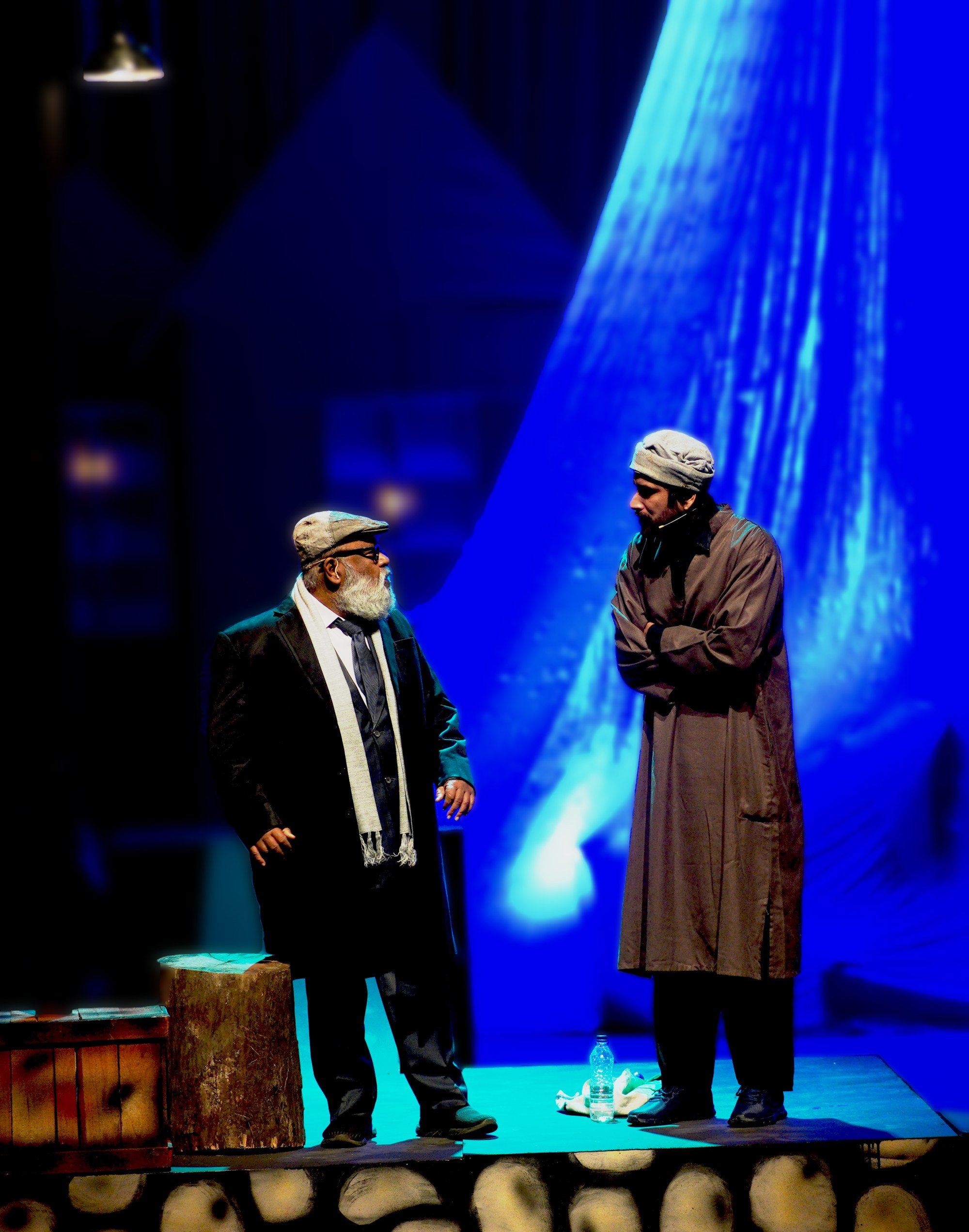
Making mistakes
Last year, I wrote and directed a feature film, Dry Day, which is on Amazon. This year, I have decided to act and earn more money, and have more comfort, and then go back to direction next year and go through the pain of making a film.
I am currently shooting the third Jolly LLB film. I play a judge who is an interesting character, full of conflict.
I turned 60 last year, but I feel I am still that 22-year-old boy just starting my career. That allows me to feel it does not matter if I make a mistake. The moment you start thinking of all you have achieved, it brings pressure. Making mistakes means that you are venturing into a new territory.
But some things have changed. When I was 22, I could drink a bottle of whisky, now I cannot. Whatever you do in life, it is an extension of who you are. In your work, you reflect your thoughts and personality. I am discovering more of myself as I keep working.
Barff, a production in Hindi, Rotunda 3, Kitec, 1 Trademart Drive, Kowloon Bay, June 22, 7.30pm. For tickets, go to maharajatickets.com.

